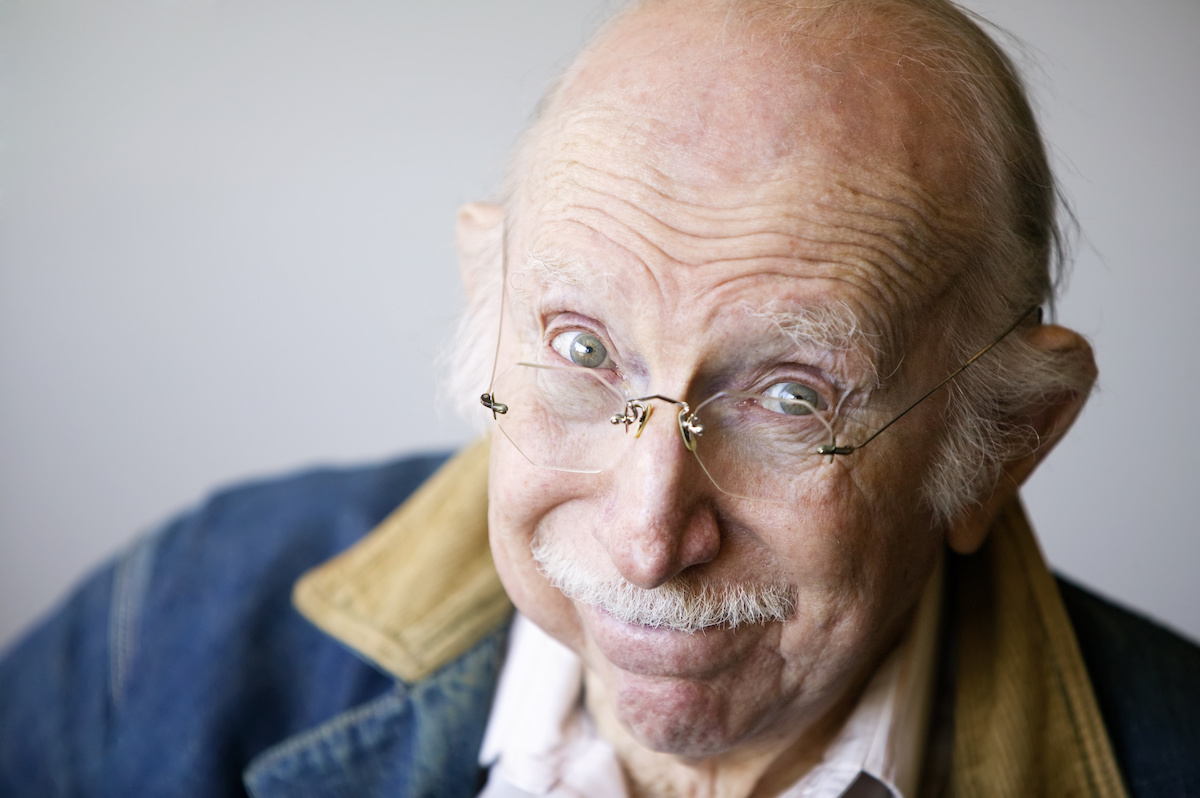Share article
We regularly have the opportunity for resets, but this crisis is the ultimate chance.
On January 1st, we stop to reflect on the previous year. With the new year, we are gifted with a fresh start, a chance to “get it right this year.” And, when we struggle with the big picture reset, we often look at a new quarter, month, or week with the same chance to do better.
However, we’ve never had such an extended period of forced reflection as we are experiencing right now. We have never been challenged to question so deeply what we do, how we do it, and, most important of all, why we do it.
None of us would have asked for this crisis in the first place, nor do we want to have to go through it again. But, let’s not let it be in waste. Let’s find the silver linings and carry them forward as lessons learned. Let’s do better because of what we’ve learned through these forced lessons.
Powerful questions lead to powerful answers
It reminds me of a story I came across not long ago. To be fair, it was less of a story than it was a survey. A group of 50 95-year-olds was asked a single question, “If you had your life to live over again, what would you do differently?”
Wow, after achieving 95 years of experience at being a person, that’s as big ass question!
What was interesting to me was, although this was an open-ended question, three distinct answers emerged. Their responses were simple yet profound.
Of course, their answers were filled with life-lessons, but you don’t have to look very hard to find their application to your work-life.
So, what were their three responses? I figured you might be a bit curious.
Response #1
I would reflect more.
It is hard to get anything we do right if we don’t stop on occasion to reflect on what we’ve already done.
Don’t wait, use this transition period to take an honest assessment of how you are building your career and business. Reflect on what you are doing, why it’s important, and how you are doing it.
If you find you are doing the wrong things, for the wrong reasons, in the wrong way, at the wrong time, STOP. You need to recalibrate.
I know, obvious, right?
Yes, it is obvious once you take the time to reflect. But we are all guilty of blindly and stubbornly charging ahead, doing more of the same.
Response #2
I would risk more.
This one may make you feel uncomfortable, especially given the uncertainty of the current situation. I get that but think about this in the bigger picture.
As you plan for how you will work and grow post-crisis, think about how you’ve approached that effort in the past. Have you taken the appropriate risks, or have you played it too safe?
Put yourself back on the front side of the crisis. What is your biggest regret from 2019?
I’m willing to wager, for most of you, your biggest regret wasn’t something you did that didn’t go as planned. I’m pretty confident your biggest regret was something you wanted and needed to do, but you never made it happen.
Response #3
I would do more things that would live on after I’m gone.
I’m guessing when you are 95 years old and give this answer, you have a big-picture meaning of what it means to be gone. And, yes, we should be thinking about that more significant legacy. However, you have many contributing legacies along the way to consider.
What are you doing that will live on after you are gone from your current role? What are you doing that will live on beyond your relationships with team members and clients?
As much as we’d (Q4intelligence) like to think we will work with each of our clients forever, that’s not realistic. Sadly, most of those relationships will come to an end at some point.
We may not have the privilege of working with our Q4i members forever, but we approach our efforts every day in such a way to do everything we can to make an impact that will survive our time together.
We all have a chance to make a difference; that difference is often the result of a small, intentional, and personal effort.
Honor their answers
Take the time to reflect on this question and honor the advice of these 95-year-olds. Look at their answers; they followed their own advice.
When asked the question, they stopped to reflect, and they took a risk with their vulnerability.
Honor their legacy by letting their reflection and vulnerability be something that lives on in you after they are gone.
Content provided by Q4intelligence and partners
Photo by Scott Griessel.

-png.png?width=300&height=200&name=Untitled%20design%20(10)-png.png)




